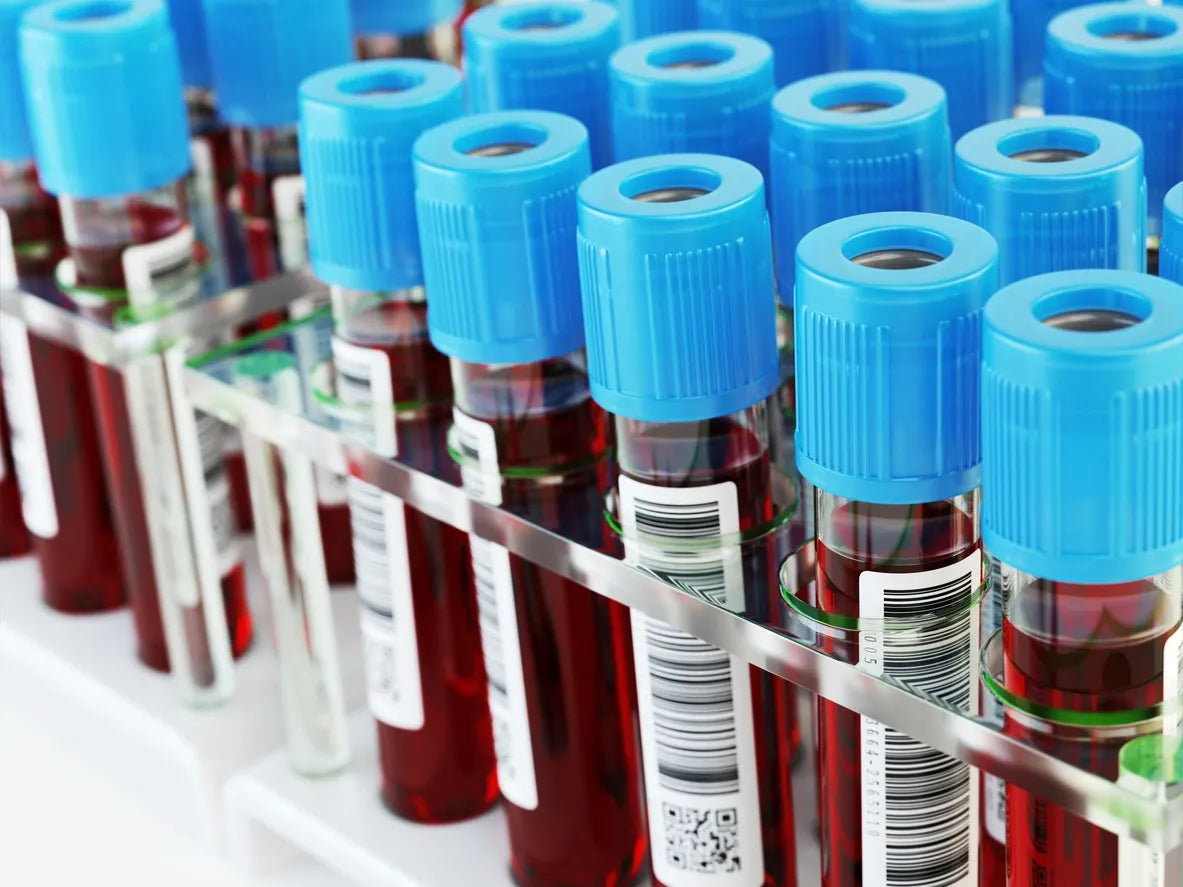
Understanding Endocrine and Metabolic Conditions
Learn about a wide range of hormonal, adrenal, thyroid, and metabolic conditions. Each article provides clear, concise information to help you better understand the causes, symptoms, and potential health impacts of these disorders.
Hirsutism: Understanding Excess Hair Growth in Women
What Is Hirsutism?
Hirsutism is a condition in women characterized by excessive, coarse, dark hair growth in areas where men typically grow hair — such as the face, chest, abdomen, back, and thighs. This growth pattern results from increased androgen (male hormone) activity, either from elevated hormone levels or increased skin sensitivity to androgens.
What Causes It?
Hirsutism can be caused by a variety of hormonal and medical conditions, including:
- Polycystic Ovary Syndrome (PCOS) – the most common cause, often accompanied by irregular periods and acne
- Congenital adrenal hyperplasia, Cushing’s syndrome, or androgen-secreting tumors
- Medications such as anabolic steroids, testosterone, danazol, or certain anti-seizure drugs
- Idiopathic hirsutism – in some women, no specific cause is found, and hormone levels may be normal
Symptoms and Diagnosis
Symptoms of hirsutism include:
- Hair growth in male-pattern areas (upper lip, chin, chest, lower back)
- Oily skin or acne
- Deepened voice or increased muscle mass (if androgens are significantly elevated)
Diagnosis usually involves:
- A thorough medical history and physical exam
- Blood tests to measure testosterone, DHEA-S, LH, FSH, and 17-hydroxyprogesterone
- Pelvic ultrasound or imaging of adrenal glands if tumors or PCOS are suspected
Treatment Options
Treatment is based on the underlying cause and the severity of the condition. Common approaches include:
- Lifestyle modifications: Weight loss can reduce androgen levels in women with PCOS
- Hormonal therapies: Oral contraceptives, anti-androgens (like spironolactone), or insulin-sensitizing agents like metformin
- Hair removal: Temporary options (shaving, waxing, depilatories) or more permanent solutions (laser hair removal, electrolysis)
- Addressing underlying disorders: Managing PCOS, adrenal disorders, or medication-related causes
How Health Force One Helps
At Health Force One, we specialize in comprehensive hormonal evaluations and individualized treatment plans for women with hirsutism. We provide:
- In-depth lab testing and imaging for accurate diagnosis
- Endocrinology-led care to treat underlying hormonal imbalances
- Patient education and lifestyle coaching for sustainable results
- Coordination of care with dermatology or gynecology if needed
We support patients with medical, emotional, and cosmetic aspects of hirsutism to improve overall quality of life.
References
- Martin, K. A., et al. (2018). Evaluation and Management of Hirsutism in Premenopausal Women. Journal of Clinical Endocrinology & Metabolism, 103(4), 1233–1257. https://doi.org/10.1210/jc.2018-00031
- Carmina, E., & Azziz, R. (2019). Management of Hirsutism. Obstetrics and Gynecology Clinics, 46(3), 525–536. https://doi.org/10.1016/j.ogc.2019.05.005
- Escobar-Morreale, H. F. (2021). Polycystic Ovary Syndrome and Hirsutism. Best Practice & Research Clinical Endocrinology & Metabolism, 35(2), 101551. https://doi.org/10.1016/j.beem.2021.101551
- Falsetti, L., et al. (2020). Long-term Management of Idiopathic Hirsutism: A Prospective Cohort Study. Gynecological Endocrinology, 36(1), 59–63. https://doi.org/10.1080/09513590.2019.1631297
- Patel, M., & Baillargeon, J.P. (2020). Hormonal Treatment of Hirsutism: An Update. Journal of the Endocrine Society, 4(7), bvaa057. https://doi.org/10.1210/jendso/bvaa057


